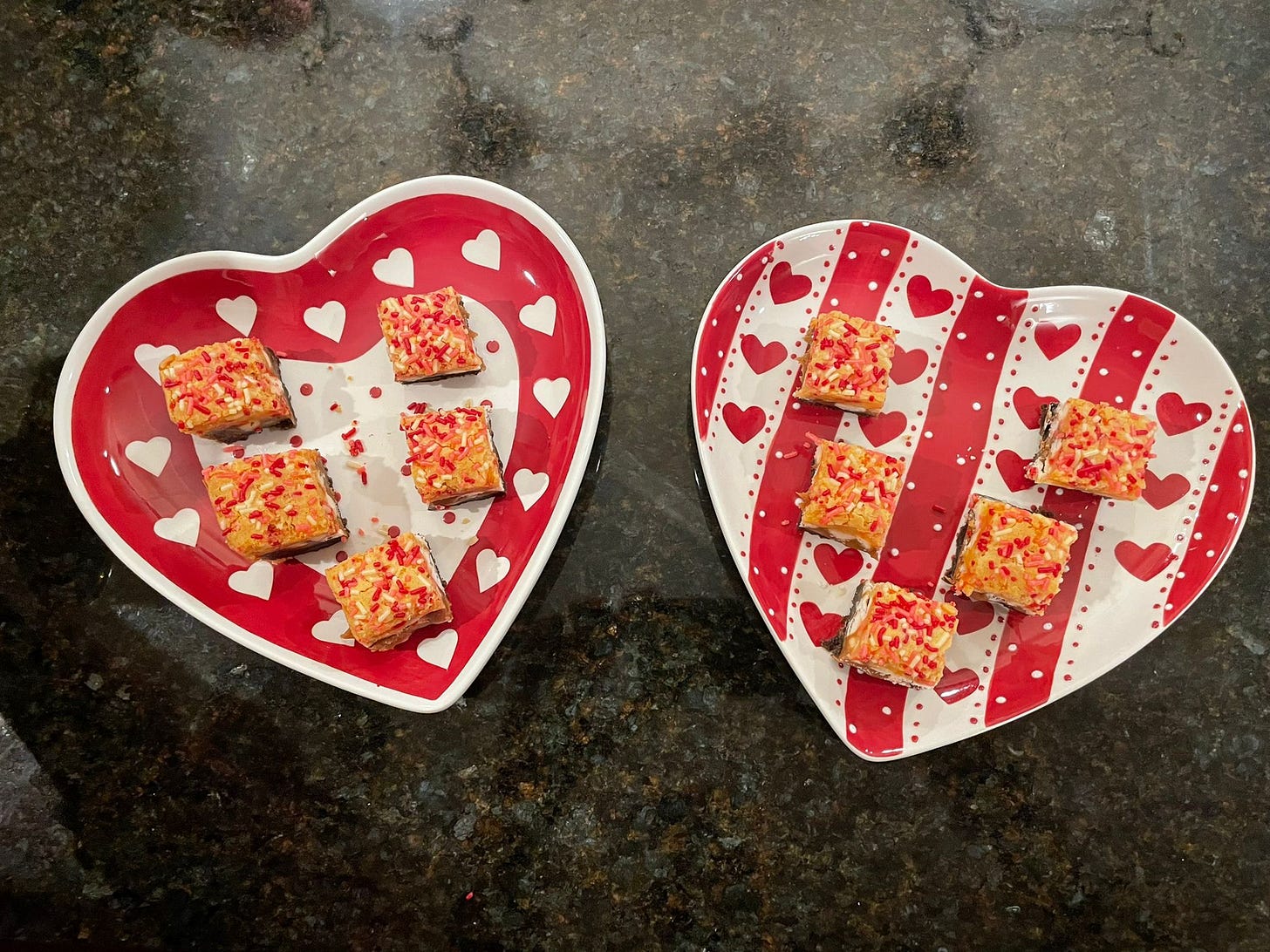My mom died on Valentine’s Day—sixteen years ago. It wasn’t entirely unexpected—she had been diagnosed with cancer long before it actually took her life, but in the weeks before she passed, she’d actually seemed to be considerably on the mend. Then her condition deteriorated precipitously and, before I could even get back to Hartford, which is where her hospital was, she’d lost consciousness. My father, my brother, and her doctor agreed to keep her on life support until I could get there.
To the sound of my brother reciting the Qur’an’s 36th chapter, Y.S., the plugs were pulled and slowly, peacefully, inexorably, she faded, the only other sound the declining whirrs and beeps of monitors that assured us what we knew was happening even without their ample empirical evidence: She was leaving this world for the next. She was leaving us. My father had found her just hours before, trying to pray, but she was apparently unable to make it past the takbeer.
As they took her in the ambulance, she said, “mujhe jaane do,” over and over. “Let me go.” Go home? Or, you know, go home?
Last night, we prayed isha, the second prayer of the Muslim day, which comes as soon as the last sunlight has left the sky, and the night stars become visible. (On the Islamic calendar, sundown is midnight.) I had to say something about the meaning of the day. I mean, a little more than a year ago, they didn’t even really know me. Part of connecting to me was to connect to her. I wouldn’t, and couldn’t, be anything I am without my mother’s wisdom and courage and drive.
But what could I say about that?
I decided to focus on two things she taught me.
The first is that we are only here, in this world, for so long. You only get so much time. You have to prioritize. Not because other things aren’t important, but because we don’t have the luxury of mastering every subject or learning every skill. Somewhere at the intersection of what we love, what we are good at, and what is right, we find a calling, a contribution, a career. Be that our jobs or what we do outside our jobs. It is what defines us and our legacy in the world.
She was fond of saying that you can choose to earn wealth, but you’ll start losing it the moment you spend it. Seek knowledge, though, and not only does it increase as you spend it, but it lives on well after you’re gone. The things we think make us happy usually don’t. The things that take work, and seem unglamorous and tedious, often give us the deepest, most enduring, and most wonderful joy. Wealth, after all, doesn’t follow us into the grave. But charity, decency, and sacrifice do.
And a second thing she taught me?
To pray. To pray for what you want, yes. To pray for what you need. But above all else, to pray for who you want to be and what you want to become. And trust that God knows how and when to answer your prayer—more than you ever can. God knows you better than you know yourself. God’s time is not our time. All things in His time. His will be done. It will be done.
We can either accept it or fight it. And what’s the worth of futile struggle?
My mother never met my wife. Never met F, or Z, or R. But I like to think she has seen them, somehow. She knows them, somehow. And with time, I hope, they’ll know more about her. They’ll understand her. They’ll feel her history is a part of their identity. Her legacy is a part of their place in the world. We know that what we do in the world lives on after us.
But we can’t always imagine how. Let alone through who.






May ALLAH grant her Jannatul Firdous.
Wisdom is a gift that is bestowed upon a few. What a gift to be raised by a wise, mature mother. F, Z and R will understand you better as you speak to them about your mom, and the impact she had on your life.